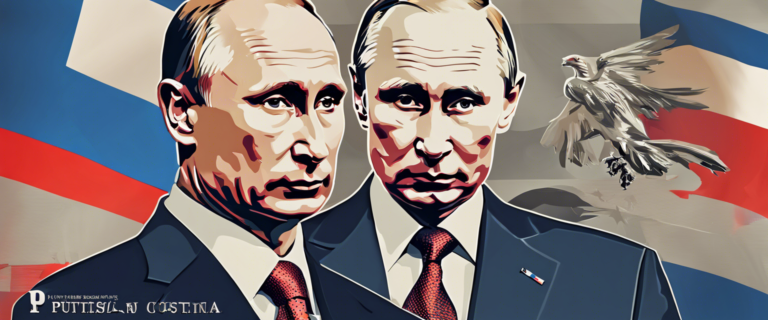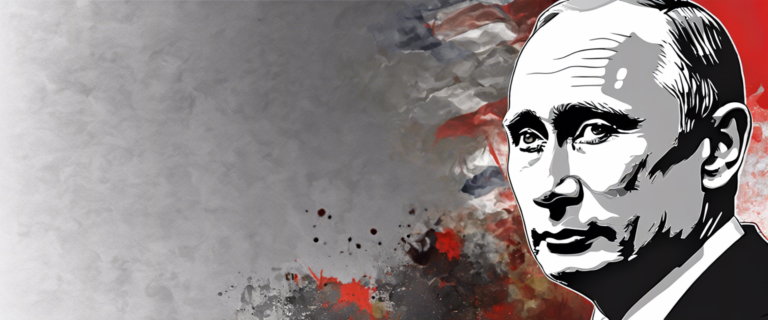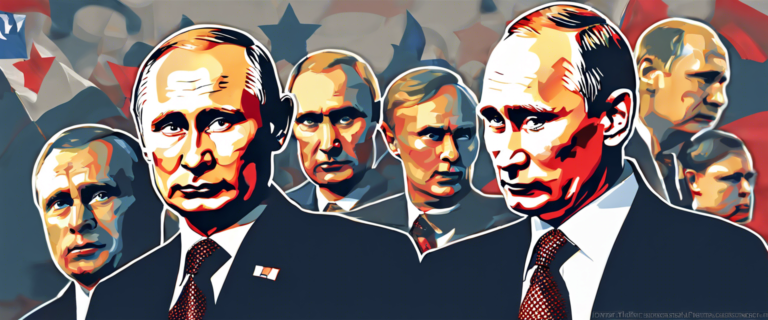Social media has become a powerful tool for shaping public opinion and influencing political discourse. In recent years, Russia has emerged as a key player in using social media to spread disinformation and manipulate online conversations. This article will explore Russia’s role in online discourse and the impact it has on shaping public opinion.
The Rise of Russian Influence
Russia’s use of social media to influence public opinion has been well-documented. The Internet Research Agency, a Russian troll farm, has been at the forefront of spreading disinformation and propaganda on platforms like Facebook, Twitter, and Instagram. These efforts have been aimed at sowing discord, spreading misinformation, and influencing political outcomes in various countries.
Case Study: 2016 US Presidential Election
One of the most notable examples of Russia’s influence on social media was during the 2016 US presidential election. The Internet Research Agency created fake accounts and pages that reached millions of Americans with divisive content aimed at polarizing voters and undermining trust in the democratic process.
- According to a report by the Senate Intelligence Committee, Russian operatives reached over 100 million Americans on Facebook alone during the 2016 election.
- These efforts included creating fake events, spreading fake news stories, and amplifying existing divisions within American society.
The Impact of Russian Disinformation
The spread of Russian disinformation on social media has had far-reaching consequences. It has eroded trust in institutions, fueled political polarization, and undermined the credibility of traditional media sources. By exploiting the algorithms of social media platforms, Russia has been able to amplify its message and reach a wide audience with minimal effort.
Effects on Public Opinion
Studies have shown that exposure to Russian disinformation on social media can have a significant impact on public opinion. Research by the Oxford Internet Institute found that fake news stories generated more engagement on social media than real news stories during the 2016 US election. This highlights the power of disinformation in shaping public discourse and influencing political outcomes.
Russia’s use of social media to spread disinformation and manipulate online discourse is a growing concern. By understanding the tactics and strategies employed by Russian operatives, we can better protect ourselves from falling victim to misinformation and propaganda. It is essential for social media platforms, policymakers, and the public to remain vigilant and actively combat the spread of disinformation online.
































+ There are no comments
Add yours